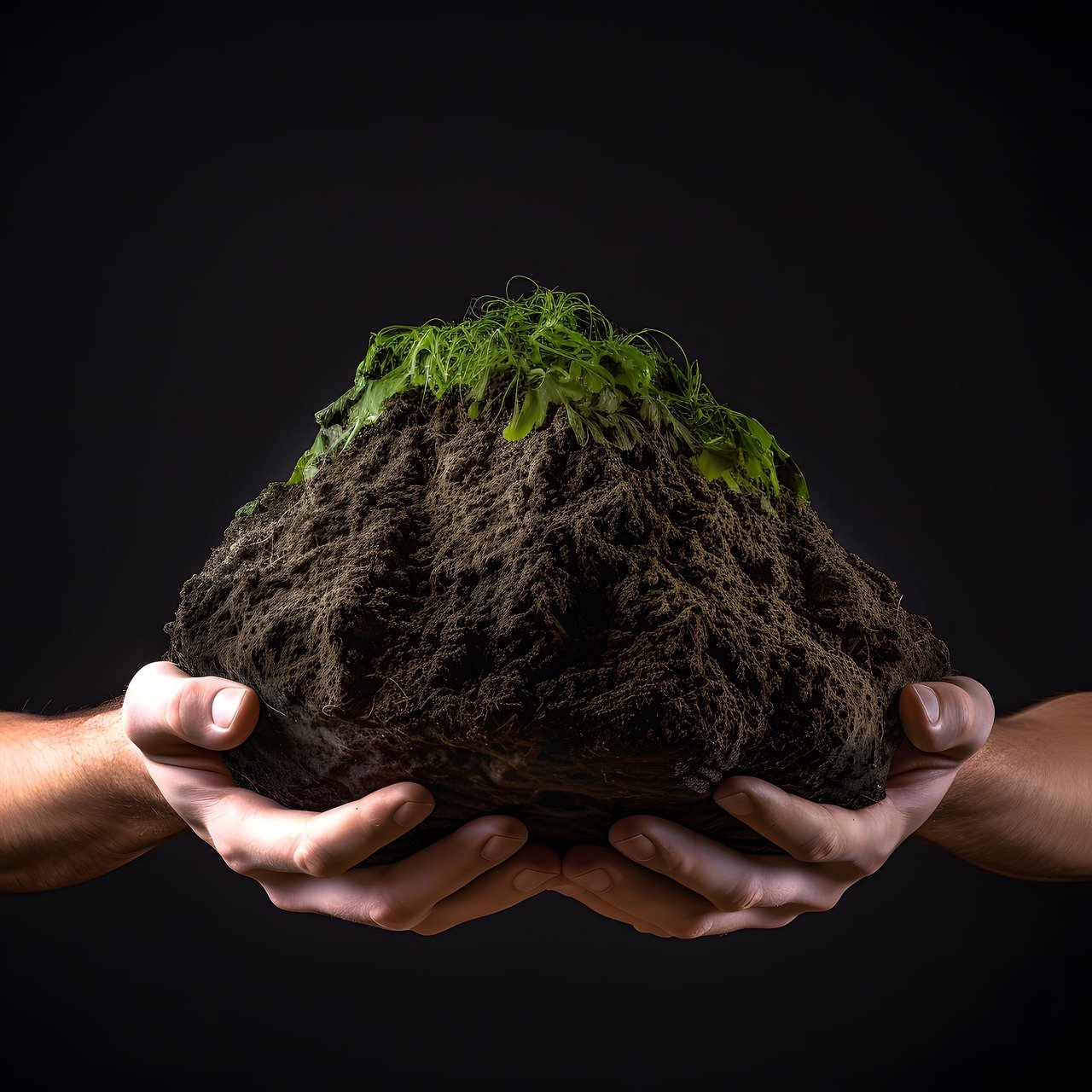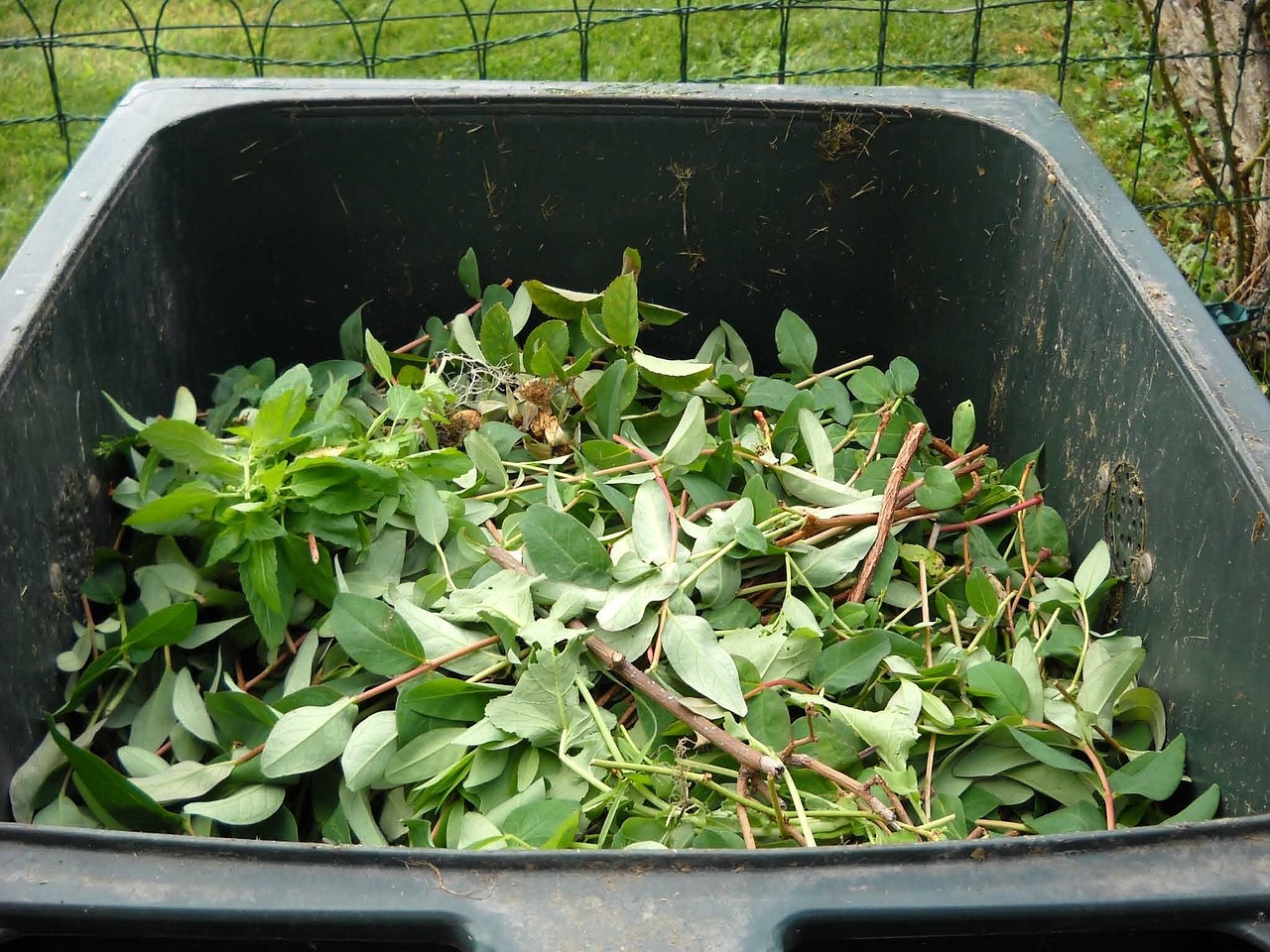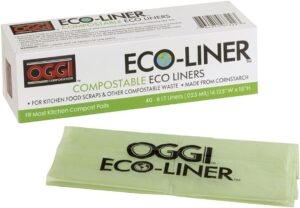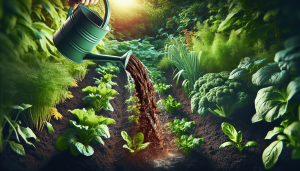In our latest guide, “How Do I Troubleshoot A Compost Pile That Isn’t Decomposing?” we delve into the common obstacles that can stall the natural process of composting and offer practical solutions to get things back on track. Our compost troubleshooter focuses on diagnosing issues, whether it’s a lack of moisture, insufficient aeration, or the wrong balance of green and brown materials. Together, we’ll explore easy fixes and helpful tips to ensure our compost pile becomes a valuable, nutrient-rich resource for our gardens. Let’s roll up our sleeves and get our compost back to its proper, decomposing glory! Have you ever found yourself staring at a compost pile that just refuses to break down, wondering where you went wrong? We understand the frustration. Composting is supposed to be a straightforward, natural process, yet sometimes it can feel like our pile is stuck in a time warp. Well, don’t worry. We’re here to help you troubleshoot and get that compost pile buzzing with activity again.
What Affects Compost Decomposition?
First, let’s understand what goes into the composting process. Breaking down organic material into usable compost involves several factors: the right mix of ingredients, adequate moisture, proper aeration, and optimal temperature.
Balance of Green and Brown Materials
One of the most crucial elements is finding the right balance between green and brown materials.
Green Materials: These are rich in nitrogen and include grass clippings, fruit and vegetable scraps, coffee grounds, and even manure.
Brown Materials: These are high in carbon. Think of leaves, straw, paper, cardboard, and wood chips.
| Material | Type | Carbon to Nitrogen Ratio (C:N) |
|---|---|---|
| Fresh Grass | Green | 20:1 |
| Vegetable Peels | Green | 15:1 |
| Dry Leaves | Brown | 60:1 |
| Wood Chips | Brown | 400:1 |
Moisture Levels
Water is key in composting. Too much or too little can stall the process. Aim for a moisture level comparable to a wrung-out sponge.
Aeration
Decomposers need oxygen just like we do. Regularly turning the compost pile ensures it gets enough air, helping accelerate breakdown.
Temperature
Compost piles are like little ecosystems. They thrive when temperatures are between 135-160°F. If your pile isn’t heating up, it likely won’t break down properly.
Diagnosing Common Problems
Alright, now that we understand the basics, let’s troubleshoot some common issues to determine why your compost isn’t decomposing.
Problem: Pile is Too Dry
If your compost pile resembles a desert, it’s likely too dry. This issue usually stems from an overabundance of brown materials or insufficient watering.
Solution:
- Add More Green Materials: Incorporate more nitrogen-rich elements like fruit scraps and fresh grass.
- Water the Pile: Evenly moisten the heap. You may want to use a hose or watering can, ensuring it’s damp but not soggy.
Problem: Pile is Too Wet
On the flip side, if your pile is soggy and smells swampy, it’s probably too wet.
Solution:
- Incorporate Brown Materials: Increase the amount of carbon-rich items like dry leaves and cardboard.
- Turn the Pile: Mix it up to improve aeration and help it dry out.
Problem: Lack of Aeration
A foul-smelling pile that isn’t heating up can be suffering from a lack of oxygen.
Solution:
- Turn the Pile Regularly: Using a pitchfork or compost aerator, turn your pile at least once a week.
Problem: Compost Ingredients
Sometimes the problem is as simple as the types of materials you’ve included.
Solution:
- Avoid Certain Items: Don’t compost meat, dairy, oils, or diseased plants. These can slow down the process or attract pests.

How Do I Troubleshoot A Compost Pile That Isn’t Decomposing?
Advanced Troubleshooting
If you’ve tried the basic fixes and still aren’t seeing results, it’s time for a more in-depth investigation.
Inspecting the Pile’s Temperature
Temperature is a tell-tale indicator of compost health.
- Thermometer Check: Use a compost thermometer to monitor the core temperature of your pile. A well-balanced pile should be between 135-160°F.
- Hot Spots: Ensure there’s an even temperature throughout. If you have cold spots, your pile may be too large or improperly mixed.
| Temperature Range (°F) | Indication |
|---|---|




